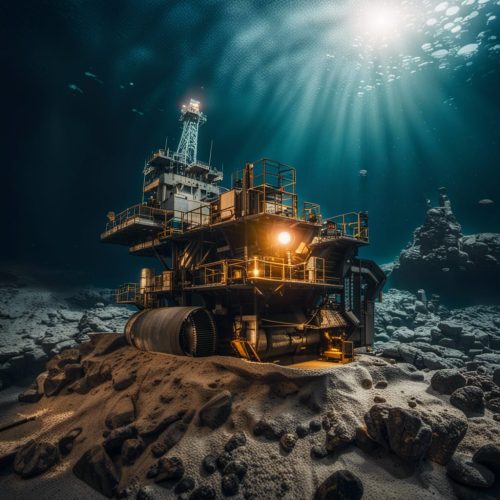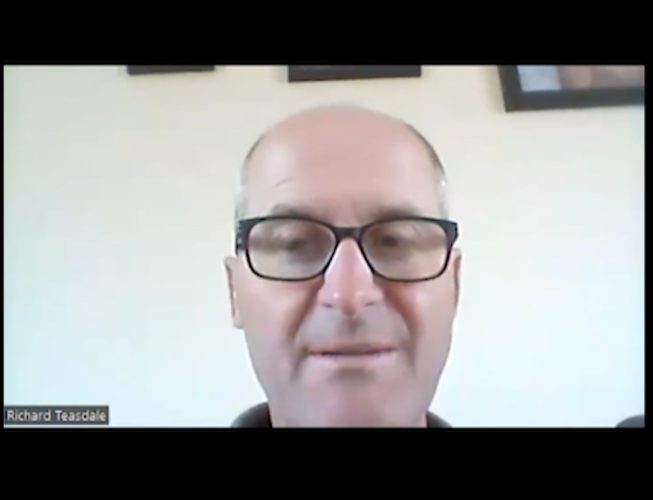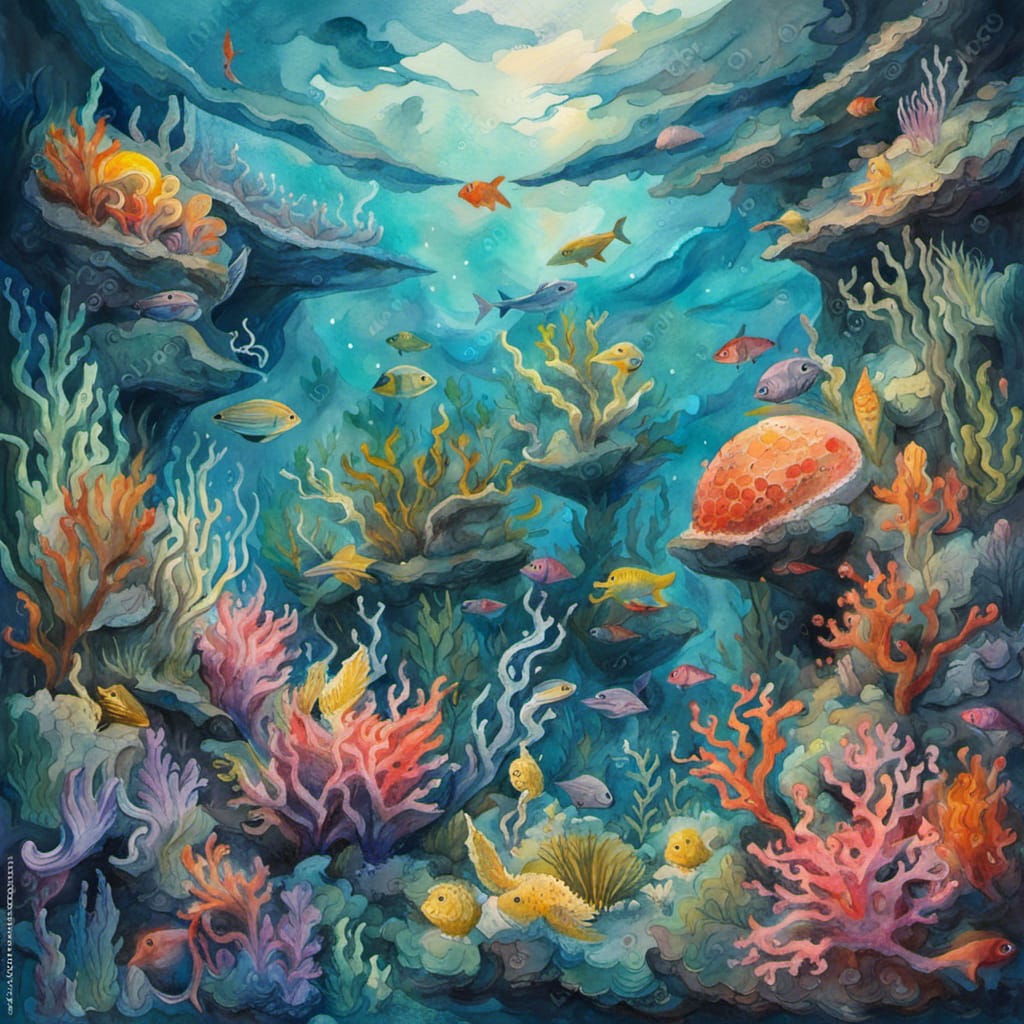The fight against unsustainable practices is nothing new. Debates have been ongoing for decades to put a curb on such practices. Deep-sea mining is one such practice.

Deep-sea mining is a mining practice that aims to extract minerals and metals from the ocean depths for commercial purposes. Relatively a new industry that has immense potential to disrupt the structure of ocean ecosystems and the vast biodiversity on the seafloor and above. Seabed mining is still in its experimental stages. Over the years, large tech companies have plots to extract metals from the seabed, such as polymetallic nodules, cobalt, nickel, manganese etc., for commercial purposes. But ocean conservationists, scientists and young researchers fear the unknown detriments of such unsustainable operations on the deepest ocean floors.
But little do we know about the deep-seas and their ecosystems -a major knowledge gap. The unique variety of species on the seabed is still unknown or rather little known -to us and science. “We know less about the seabed than we do the surface of the moon. It’s quite mind-boggling really to say that, you know, the seabed covers and we’re talking obviously over half the surface of the planet here. And we know less about that than we do the seabed. So, you know, the mining industry is wanting to go in there before we even, know what’s there.” says Richard Teasdale, a campaigner at Greenpeace, Sheffield.

Richard Teasdale, firm in his resolve, pointed out how little we know about the ocean beyond our eyes and the life it holds. Being the Local group coordinator and campaigner at Greenpeace in Sheffield, Teasdale recalls the ‘Global Day of Action’ to call on governments to act against deep-sea mining. Thousands waved their green flags across the UK and worldwide to mark their opposition to deep-sea mining. For Teasdale and other campaigners at Greenpeace, it was just another day of resilience and passion.
Global environmentalist groups like Greenpeace have been in the long run for protecting the oceans and its ecosystems for decades. After years of talks, nations of the world agreed upon the United Nations ocean treaty, called the ‘High Seas Treaty’, which aims to protect 30 per cent of the world’s high seas as Marine Protected Areas and ocean ecosystems by 2030. By far, we conserve only 1.2 per cent of the high seas, as published in BBC News. The enactment of this historic treaty would be a huge relief to campaigners and organisations combatting ocean ecological crises and climate change.
This historic treaty is a watershed moment. However, scientists raise concerns over the practicality and enactment of these conservation measures considering the climate emergency.
Dr Jon Copley, a scientist and professor in ocean exploration and science communication at the University of Southampton, digs deeper into the matter and says, “A recent study of the Clarion-Clipperton Zone, extrapolating from the rate at which surveys have encountered previously unknown species in the region, indicates that there are probably about 8000 different species of larger animals in total living on the seafloor in that region where polymetallic nodule mining is planned. This estimate is indicative of a specific region. But what about the whole of the deep ocean? And that’s why there’s a growing call for a pause in the progress towards mining.”

“The challenge is to get agreement for protected areas that are currently used more heavily so that there is a good representation of habitats in them –and that requires listening to, and working with, people who depend on the ocean for their livelihoods.” says Copley.
Dina-Leigh Simons aka The ‘No Ordinary Biologist’, a researcher and marine biologist at the University of Liverpool, talks about how deep-sea mining can cause the removal of mineral-rich surfaces which are critical habitats for benthic communities. “It is predicted that mining will cause shifts in tropic interactions and population declines across the whole marine ecosystem. However, existing deep-sea mining and fishing activities will be exempt from the treaty, which allows large numbers of unsustainable and destructive practices to continue.”
As a deep-sea ecologist, Lucy Goodwin says “The extracted polymetallic nodules can take up thousands of years to settle on the seabed. The removal of these nodules can also impact the micro-macro-organisms and the seafloor chemistry. The next step is to ensure the pledged marine protected areas (MPAs) are created and enforced. If 30% of the high seas can have strong protections in place then the communities can hopefully continue to thrive and provide essential ecosystem services.”
“The planet belongs to us. And when the governments haven’t really explored the seabed, what gives private entities the right to claim the seabed and its resources for themselves.” Nithin Benjamin, a Bioarcheology student at University of Sheffield and a young socialist made his point out loud.
The UN agreement is considered the first of its kind. The fight is not over yet. Several nations, scientists, researchers and seafood industries now have called for a moratorium on mining plans. The governments of the world will meet in Jamaica in July for their next big step.
Climate change is already pushing us to adopt sustainable approaches towards environmental conservation. Hence, these global campaigns and conservation agreements cannot be considered mere facades but a desideratum now and in the future.
This feature makes use of AI-generated image, generated by Night Café.








